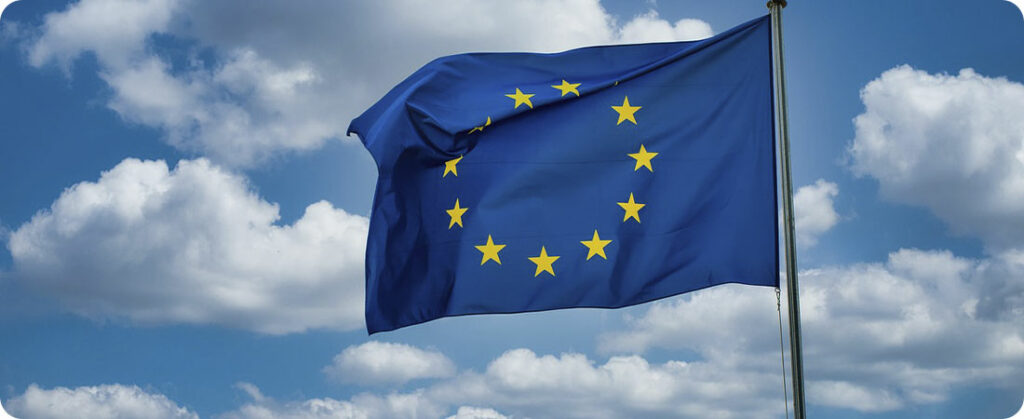
The European Union (EU) has renewed its approval of the herbicide glyphosate for 10 years, despite member states failing to reach a majority agreement on the chemical, as reported by Reuters on November 16.
In 2015, the World Health Organization's cancer research agency deemed glyphosate likely carcinogenic to humans. However, other agencies around the world, including the US Environmental Protection Agency (EPA) and EU agencies, have classified glyphosate as non-carcinogenic, as mentioned by Reuters.
On November 16, the European Commission (EC) announced the renewal of approval of glyphosate based on safety assessments by the European Food Agency and the European Chemicals Agency, subject to new conditions and restrictions, such as maximum application rates .
German chemical company Bayer, which produces the glyphosate-based Roundup herbicide brand, welcomed the EU's decision. In a statement, Bayer said: “This reauthorization allows us to continue to provide an important integrated weed management technology to farmers across the European Union.”
However, environmental groups including Greenpeace condemned the announcement, as reported by Reuters.
EU tensions: Renewal decision faces resistance and criticism from environmental groups and farmers
Bayer, which acquired Roundup through its US$63 billion acquisition of US agrochemicals company Monsanto in 2018, faces thousands of cancer lawsuits in the US.
Farmers and other applications have widely used glyphosate for decades, including removing weeds from railway lines.
The EC proposed extending its authorization, which was due to expire on December 15, by 10 years and requested approval from the 27 EU member countries.
A “qualified majority” was needed to support or block the proposal. However, the last vote did not overcome this hurdle. Thus, the European Commission had to make a decision in accordance with EU rules, as reported by Reuters.
France abstained. The pro-environmental agricultural group Confederación Paysanne condemned the EU decision. This occurred during the approval process, according to the report.
Greenpeace disagreed with the decision, claiming it contradicts the opinions of scientists. These warn of the possible harmful effects of glyphosate on human health and the environment.
Glyphosate-free agriculture is possible, the organization said, and public policy should help farmers phase it out.
According to the agricultural group Copa e Cogeca, there was no equivalent alternative.
According to the report, EU countries would continue to be responsible for authorizing phytosanitary products containing glyphosate.
Source: Oils & Fats International










